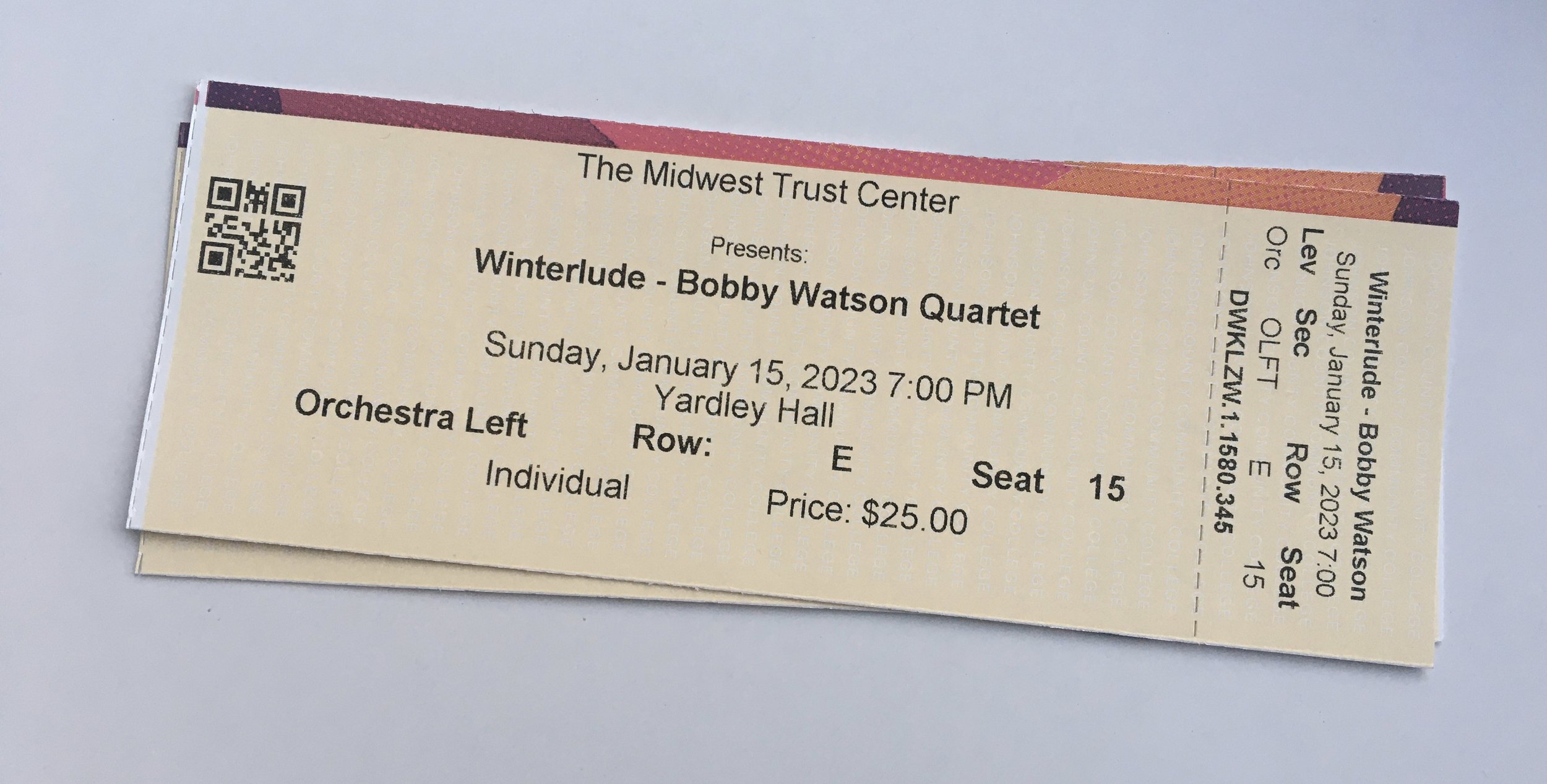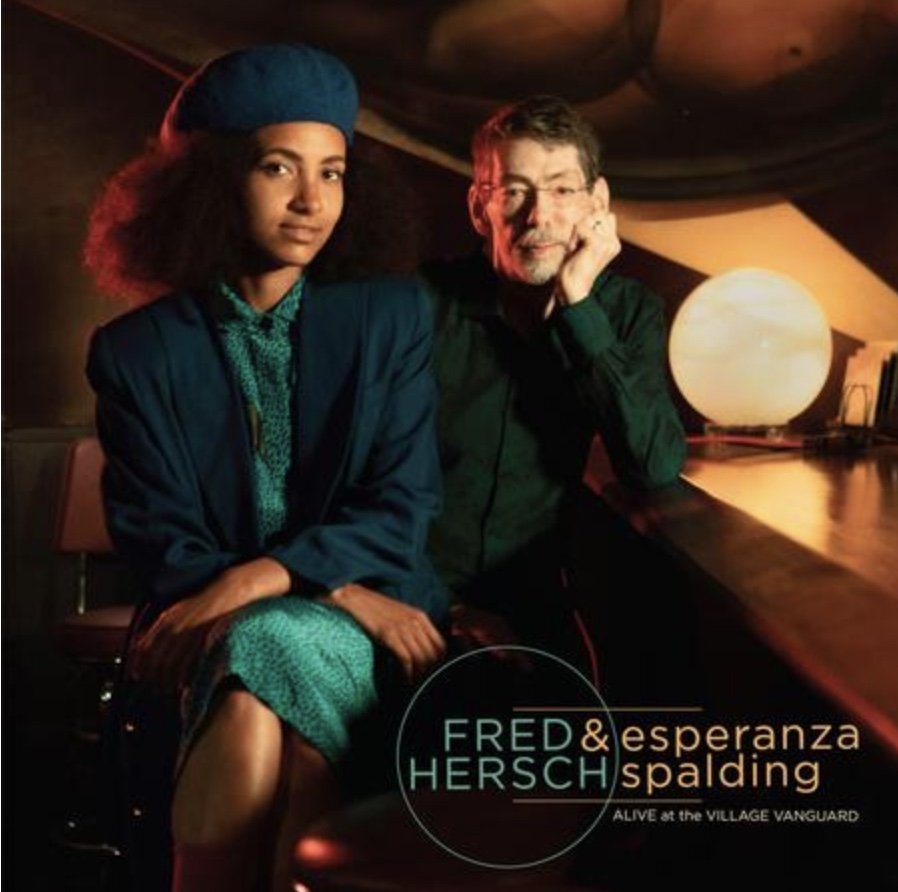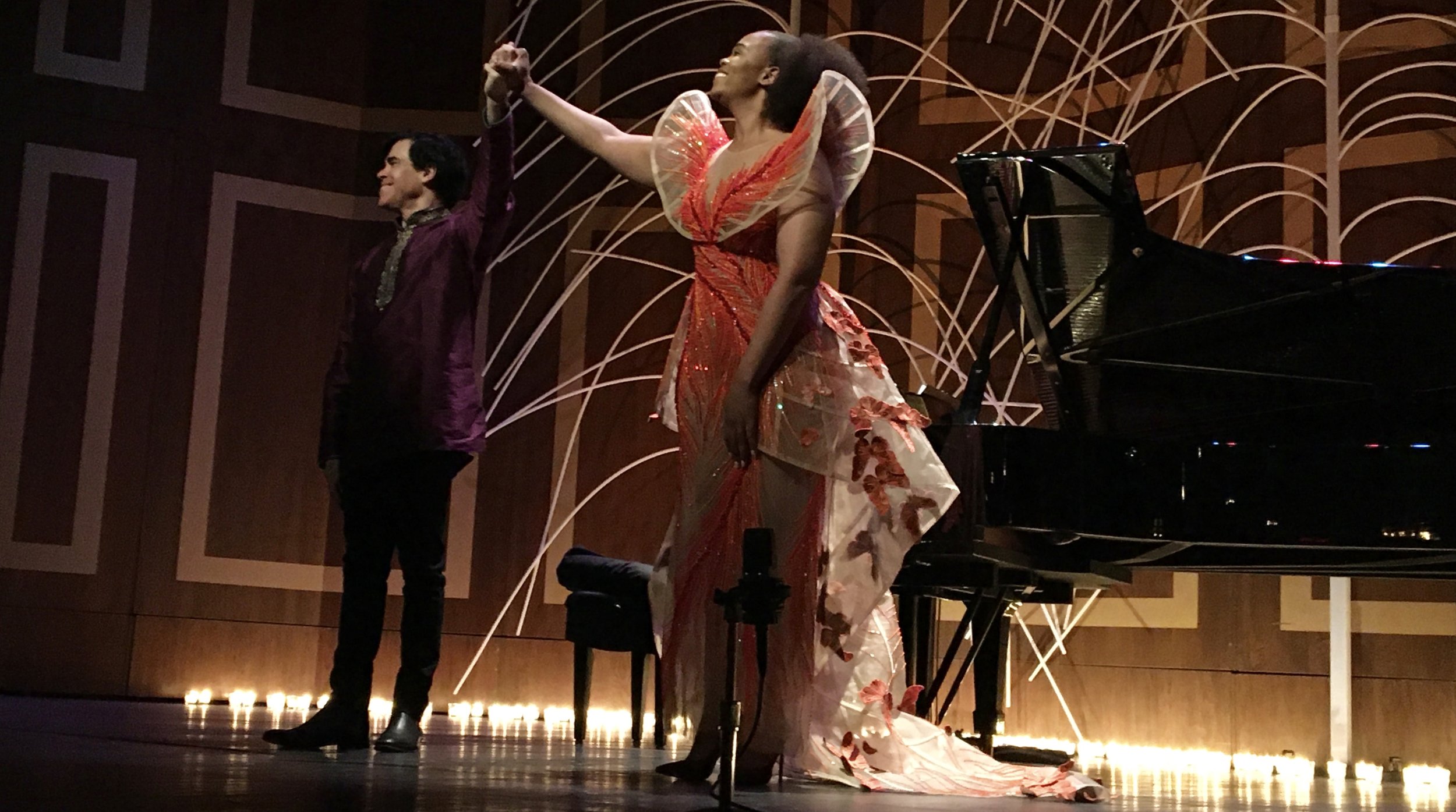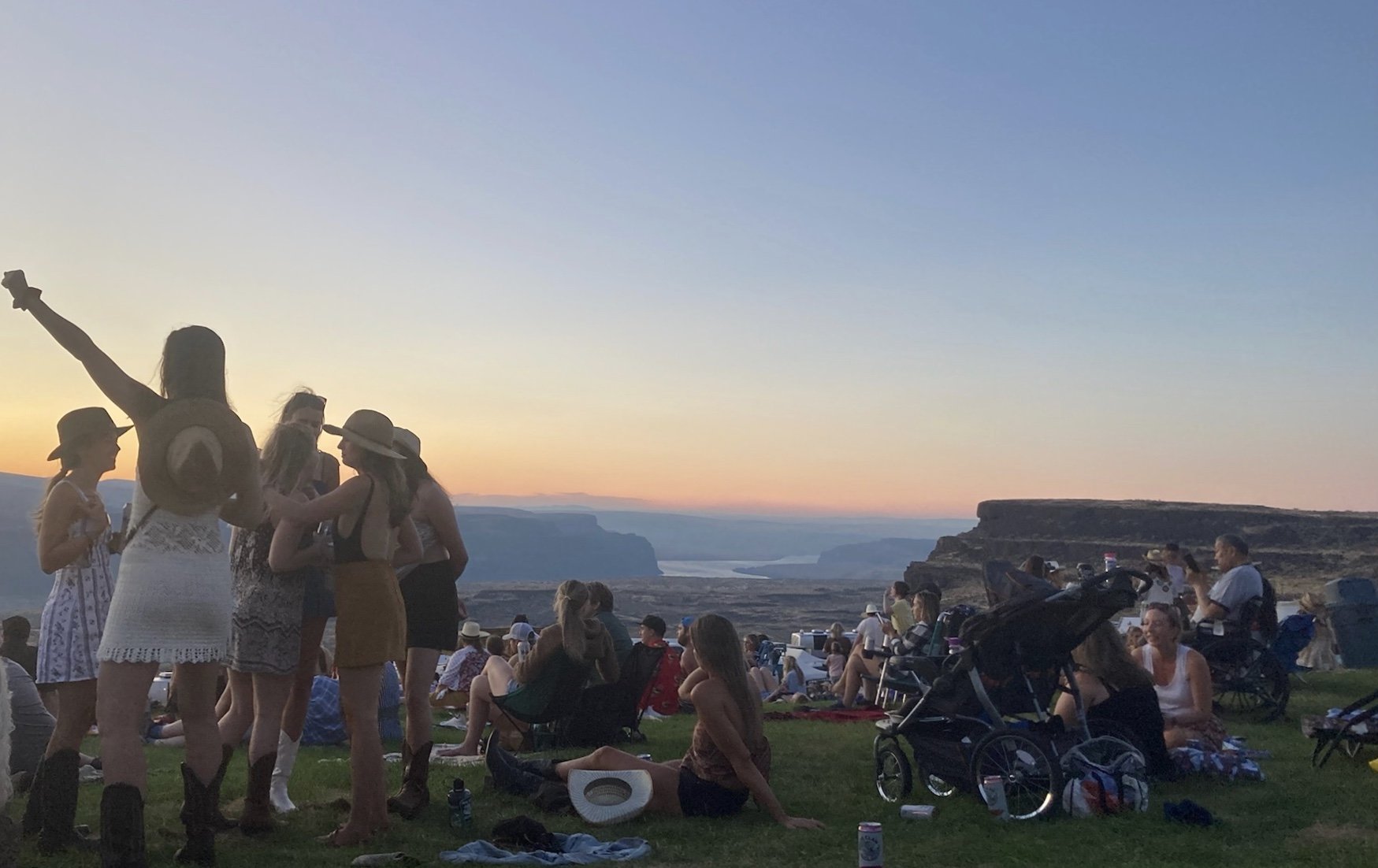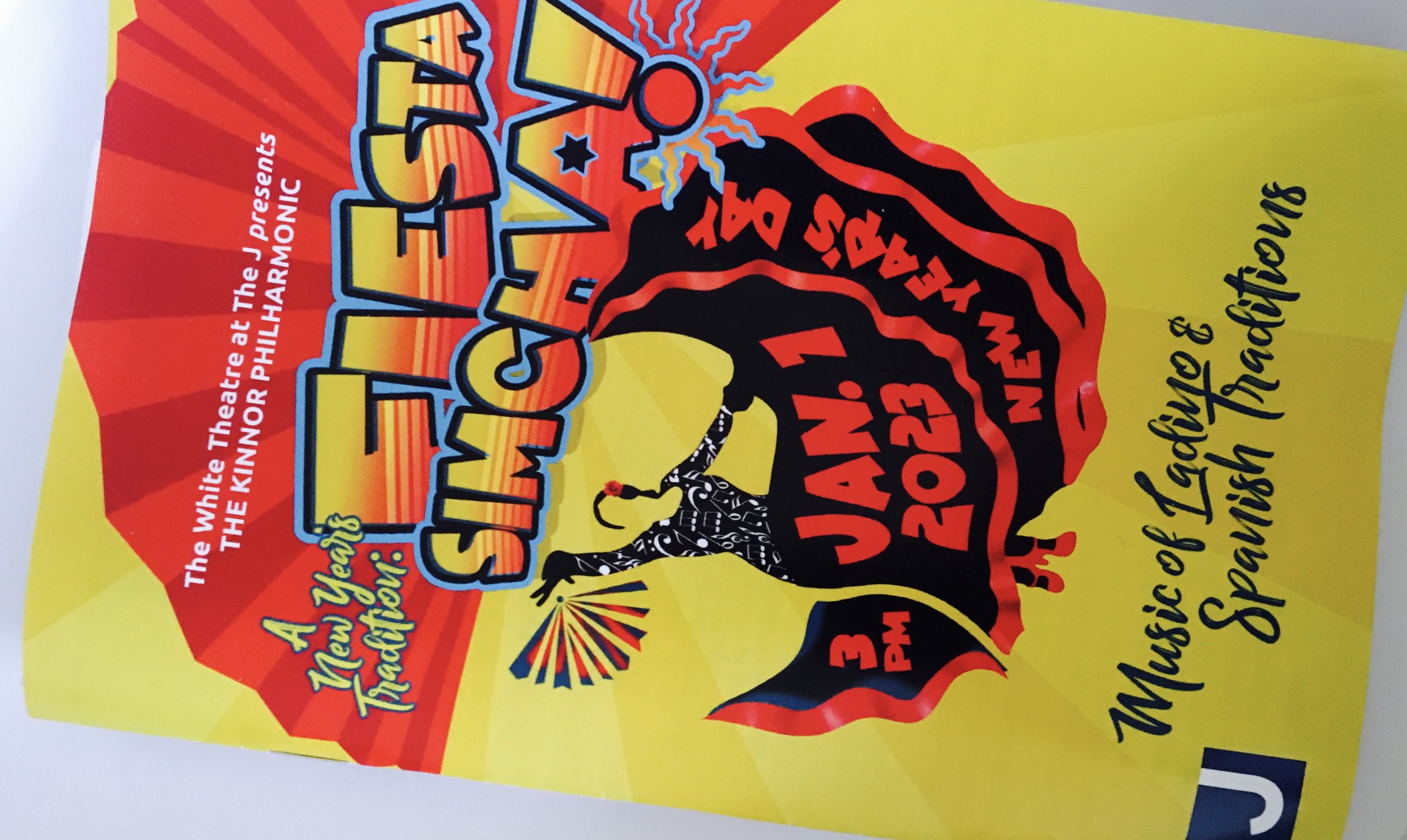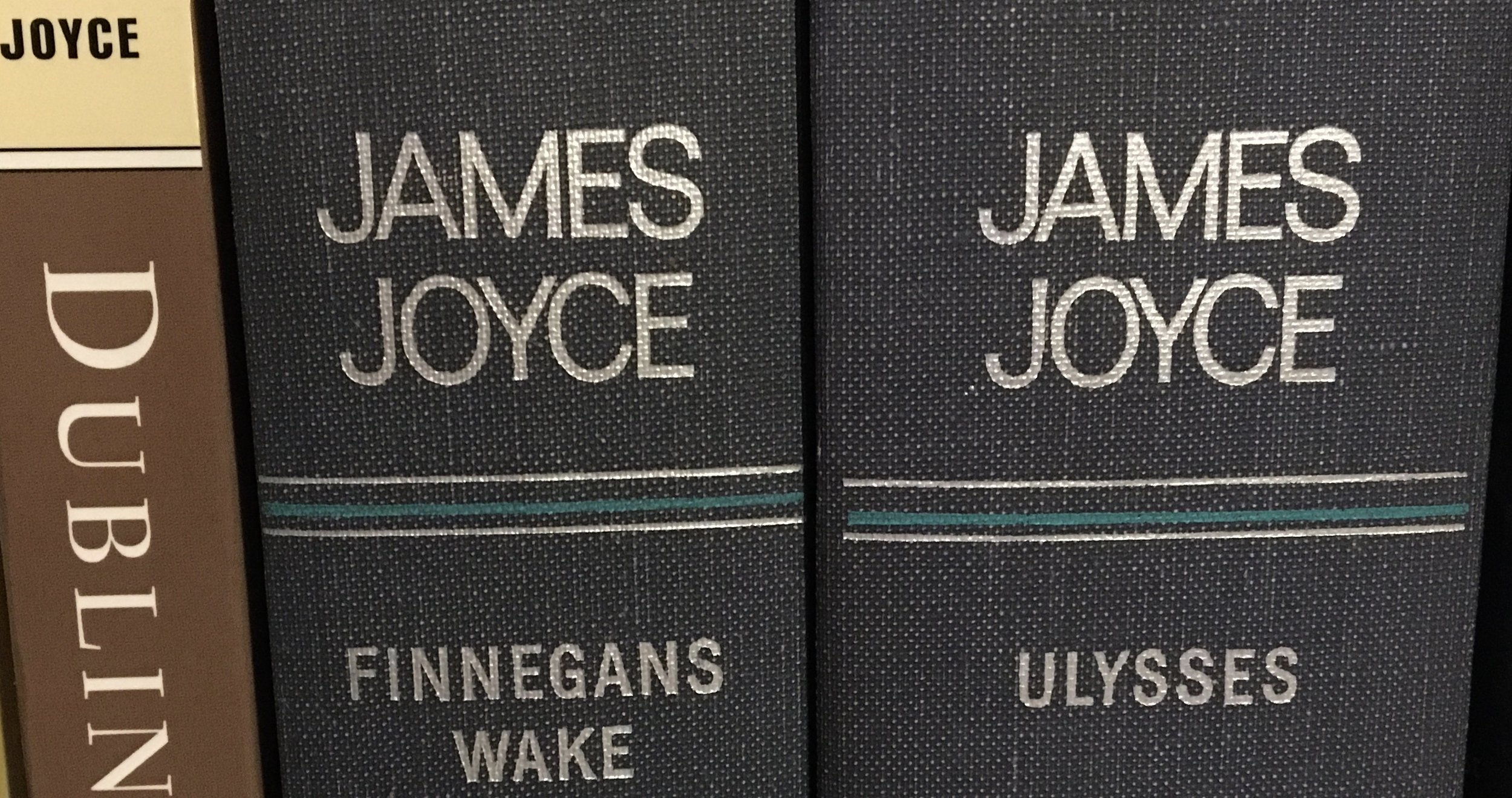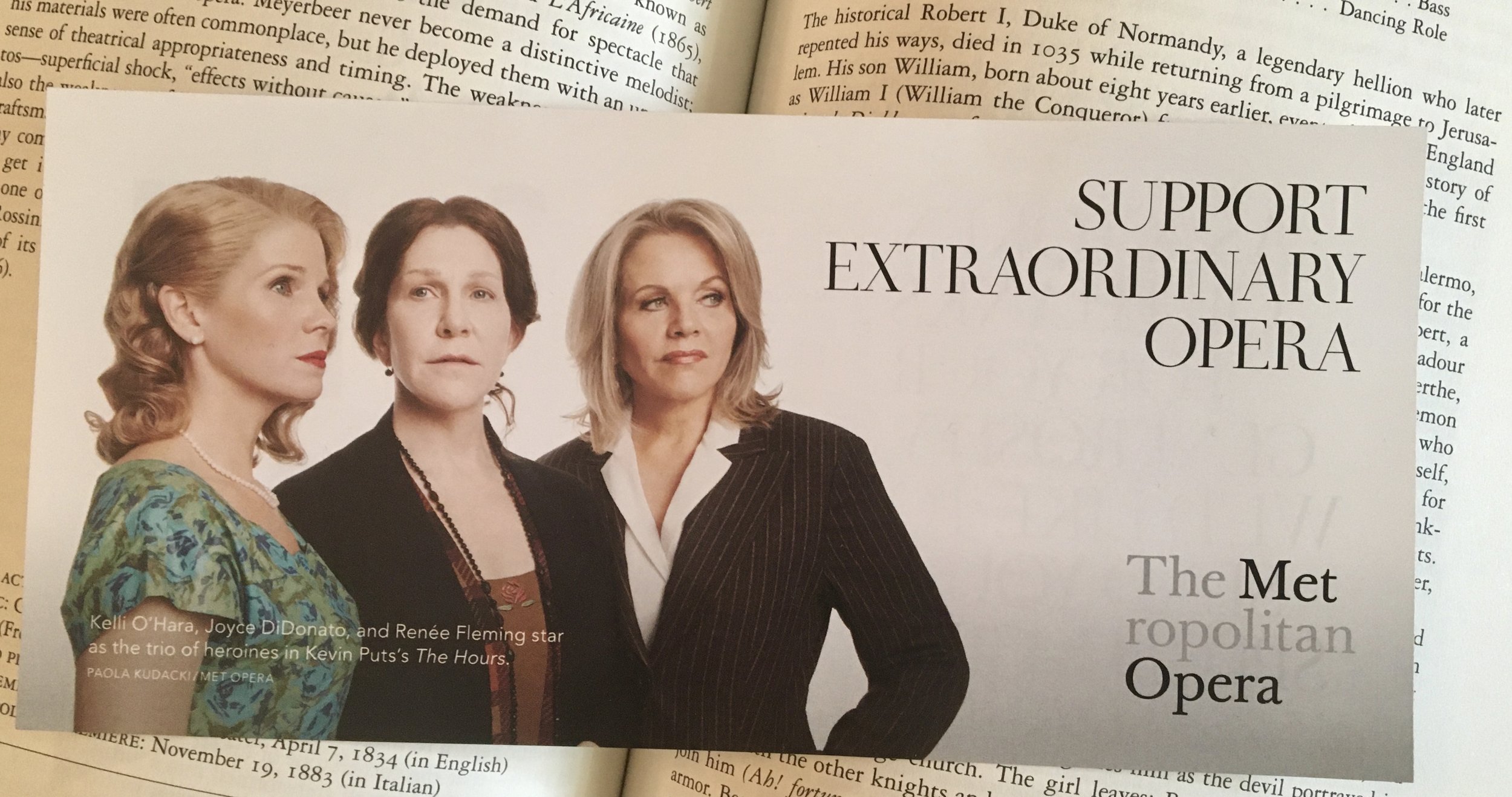I’m diligently working my way through Confessions, Saint Augustine’s exhausting chronicle of his conversion to Christianity in the fourth century. Does Spring Hide Its Joy, Kali Malone’s new three-hour set of drones, provides ideal accompaniment. I encountered a relevant passage as a particularly harsh phase of sound developed. “As for the present,” Augustine wrote, “If it were always present and never moved on to become the past, it would not be time but eternity.” Malone and her collaborators Stephen O’Malley and Lucy Railton capture a state of immutable limbo with Does Spring Hide Its Joy.
Album Review: Daniel Pioro- Saint Boy
Hearing musicians and arts presenters apologize to audiences for staging challenging or unconventional music always makes me furious. The excellent Kansas City bassist Krista Kopper came uncomfortably close to begging forgiveness for the cutting-edge repertoire performed at InterUrban ArtHouse in Overland Park, Kansas, on Wednesday, January 18.
The program exhibited by her No Treble trio included premieres of experimental pieces by three Kansas City area composers. Even though the audience of about 40 was presumably receptive to new music, Kopper offered defensive explanations of the adventurous sounds. The strength of Viktor Suslin’s woozy “Grenzubertritt” and “Evening Redness in the West,” Seth Andrew Davis’ twist on Spaghetti Western scores, spoke for themselves.
Nothing on Saint Boy, the wondrous new album of chamber music by the British violinist Daniel Pioro, is as jarring as the gnarliest moments of the concert in Kansas. Even so, the album’s blend of old (Johann Sebastian Bach and Hildegard von Bingen) and new (Laurence Crane’s “2020 Music” and Pioro’s Glass-like title track) is unconventional in the hidebound realm of classical music. In this ahistorical moment, apologies aren’t necessary.
Concert Review: Bobby Watson at Yardley Hall
Original image by There Stands the Glass.
Introducing his interpretation of a John Coltrane composition at Yardley Hall on Sunday, January 15, Bobby Watson said “this is entitled ‘Dear Lord’- I really need Him tonight.” He wasn’t kidding. Watson visibly and audibly struggled throughout the 70-minute performance. He repeatedly suggested his alto saxophone was malfunctioning.
His tone was off and Watson was able to realize only a fraction of the notes he usually plays. Pianist Roger Wilder, bassist Jeff Harshbarger and drummer Mike Warren supported Watson with admirable sympathy, but the duress of the hometown hero was unmistakable. Acknowledging the calamity, he suggested “I do not make excuses… I play from my heart, that’s all I can do.”
It’s the last thing I expected when I purchased a $25 ticket. I’ve seen the hard bop icon generate fire at dozens of gigs since the 1980s. Watson mustered only a few sparks on Sunday. Yet the audience of more than 400 gave him a standing ovation at the conclusion of the desultory concert.
The cheers were presumably attributable to Watson’s grace under adversity as well as for his impeccable track record. Watson has been the face of jazz in Kansas City for more than three decades. His musical and societal contributions have earned him a lifetime of goodwill.
Setlist: Sweet Dreams, Mind Wind, Love Remains, No Greater Love, Wheel Within a Wheel, Condition Blue, Dear Lord, Bird-ish
Album Review: Fred Hersch and Esperanza Spalding- Alive at the Village Vanguard
Is any form of music demonstrably worse than jazz scatting? The overwhelming majority of perpetrators inflicting nonsense syllables on listeners are unknowing musical vandals. As has been the case throughout most of her unconventional career, esperanza spalding (stylization hers) is different.
On “Loro,” a track on her new album with pianist Fred Hersch, spalding mocks scat even as she demonstrates how the form can be expressed with rare finesse and elite musicality. Some observers are likely to hail Alive at the Village Vanguard as a welcome return to mainstream jazz for Spalding. Not me. I respected her recent explorations of funky art music, even as I was disappointed spalding never attained the heights achieved by the likes of Meshell Ndegeocello.
Hersch matches spalding’s incandescence on the spare voice-and-piano album recorded in 2018. The Thelonious Monk tributes “Dream of Monk” and “Evidence” capture the erratic spirit of the jazz giant. The heart-rending ballads “Some Other Time” and “A Wish” are countered by the duo’s cerebral frolicking on “Little Suede Shoes” and “Girl Talk” on the early album-of-the-year candidate Shoo-be-doo-bee, be-bop blam!
Concert Review: Pretty Yende at the Folly Theater
Original image of Kamal Khan and Pretty Yende by There Stands the Glass.
I was overcome with gratitude at the Folly Theater on Saturday, September 7. As soprano Pretty Yende and pianist Kamal Khan performed Gaetano Donizetti’s exquisite “L’amor funesto”, I knew that I might never again experience a moment so sublime. The discounted tickets I purchased for the Harriman-Jewell Series’ 1,000th concert provided a priceless experience. Having become a fan of the South African star during my pandemic-inspired opera binge, Yende’s spectacular gown, incredible dramatizations and lustrous voice were almost too much to take in from a distance of just 15 feet. Stunned by the artistic perfection before us, my date gasped “what is going on!” We’re still stunned two days later.
Infinite Dread
Original image of George Bernard Shaw’s The Perfect Wagnerite: A Commentary on the Niblung's Ring by There Stands the Glass.
I persuaded one of my houseguests to watch Bayreuth Festspielhaus’ 2022 production of Richard Wagner’s Der Ring des Nibelungen with me over the holidays. Doing so required signing up for a free trial of Deutsche Grammophon’s Stage Plus streaming service.
The decision was wildly unpopular with those who might have preferred to view sports and holiday movies on the single television monitor in my compound. After all, Wagner’s cycle is a notorious test of endurance.
Powering through the outrageous updates of Das Rheingold (154 minutes), Die Walküre (234 minutes), Siegfried (244 minutes) and Götterdämmerung (274 minutes) took more than 15 hours. I loved it, but I’ll admit to growing restless during the twilight of the gods.
Contemporary elements such as using humans to represent the titular ring thrilled me. Yet a scene featuring the famed soprano Lise Davidsen in Das Rheingold is so jarring that I literally ran screaming from the room. I’m still shook. Here’s The New York Times’ review of the production.
Stage Plus’ video and audio quality is superb. And the lifelike fidelity of the Dolby Atmos version of Peter Gregson’s Quartets Three & Four gave me goosebumps. I’d rather pay for Stage Plus than Amazon Prime, Apple TV, Disney+ and Hulu. So why did I cancel the service before I was billed $149 for a full year? There’s a glitch.
While I could access everything Stage Plus offers on my laptop and phone, only about a third of the video options were accessible on AirPlay. Here’s Stage Plus’ response to my concern about the matter: “we are already aware of the problem and our developers are currently fixing it.” Yet the issue remained unresolved six days after my objection.
Wide Open Spaces
Original image captured at the Gorge Amphitheatre on August 13, 2022, by RSB.
*Overwhelmed by holiday commotion, I forgot to use the embedded photo in a previous post. Behold my favorite music-related image of 2022. My daughter captured the celebratory moment at a (Dixie) Chicks concert at the magnificent Gorge Amphitheatre in Washington last August.
*I played tracks by Mister Water Wet, Flora, LeVelle, Matt Villinger’s All Night Trio, Rosalía, Kae Tempest, Moor Mother and Anna Butterss and discussed Kansas City’s music scene on a recent episode of the Eight One Sixty radio program.
*Here’s my annual screed about the detrimental effect of the “Kansas City nice” aesthetic. At the risk of beating a dead gelding, I’ll again advise my well-intentioned friends that not only does unmerited praise of mediocre locally based artists undermine their personal credibility, the prevailing practice risks confining Kansas City to the cultural status of a one-horse town.
*Much to the chagrin of many musicians and their fans, I don’t engage in provincial aggrandizement at the Kansas City jazz blog Plastic Sax. I call it as I see it in the site’s reviews and editorials.
Concert Review: The Kinnor Philharmonic at White Theatre
Original image by There Stands the Glass.
The Kinnor Philharmonic’s annual New Year’s Day concerts have long struck me as an ideal way to begin a new year. Somehow, I hadn’t managed to attend until yesterday. By happy chance, a generous gentleman gave me a ticket as I stood in line to purchase a seat at White Theatre.
The music director and conductor Christopher Kelts told the audience of about 400 that the Fiesta Simcha! concert consisted of the “Jewish and Jewish-adjacent” music of Spain, Portugal and Brazil. While I was familiar with George Gershwin’s “Cuban Overture” and the work of Arturo Márquez, Ladino selections including the contemporary composer Ofer Ben-Amots’ “Songs from the Pomegranate Garden” were new to me.
An unfortunate mix causing guest vocalist Hazzan Tahl Ben-Yehuda to drown out the approximately 40 musicians didn’t prevent me from enjoying almost every moment. It didn’t hurt that Kelts’s approach to conducting invites comparison to Jackie Gleason. B'ezrat HaShem, I’ll return in 12 months.
Sheet Music
Original image by There Stands the Glass.
Page 737 of the edition of James Joyce’s Ulysses I finished reading this week delivered the sort of spine-tingling sensation I associate with the most sublime musical experiences. I gasped when the interior monologue of Molly Bloom references her husband Leopold’s insistence she read François Rabelais’ Gargantua and Pantagruel.
Absorbing Rabelais’ outlandish epic was one of my most entertaining experiences of the year. Recognizing Joyce’s penchant for exhaustive inventories and wackadoodle lists as homages to the writings of the influential 16th century French physician made me feel as if I’m finally reaching a respectable degree of cultural literacy.
I didn’t merely conquer one of the most notoriously challenging works of fiction in the English language- I genuinely enjoyed reading Ulysses. I may not have left the United States this year, but books allowed me to travel the globe and pass through time and space. I completed 81 books in 2022. Here are a few of my favorites:
Favorite book: François Rabelais’ Gargantua and Pantagruel (1532 and 1534)
Favorite novel published in 2022: Hanya Yanagihara- To Paradise (2022)
Least favorite book: Octavia E. Butler- Parable of the Sower (1993)
Least favorite book published in 2022: Ling Ma- Bliss Montage (2022)
Favorite novel: Toni Morrison- Beloved (1987)
Favorite book about politics: Samantha Power- The Education of an Idealist: A Memoir (2019)
Favorite biography: Edmund S. Morgan- Benjamin Franklin (2003)
Favorite non-fiction book: William Dalrymple- From the Holy Mountain: A Journey Among the Christians of the Middle East (1997)
Best music book published in 2022: Joseph Horowitz- Dvořák’s Prophecy and the Vexed Fate of Black Classical Music (2022)
Best overall music book: Tony Whyton- Beyond a Love Supreme: John Coltrane and the Legacy of an Album (2013)
Most impactful book: Thomas Merton- The Seven Storey Mountain: An Autobiography of Faith (1948)
Most entertaining book: James Fenimore Cooper- The Last of the Mohicans (1826)
Most difficult book: Friedrich Nietzsche- On the Genealogy of Morality (1887)
Longest book: Olga Tokarczuk- The Books of Jacob (2022, 965 pages)
What’s this survey doing at There Stands the Glass? Until I create a separate book blog, I don’t have a better home for this accounting. Furthermore, the inclusion of several albums of piano recitals and French art songs on my Top Albums of 2022 list is directly related to spending much of the past 12 months with my nose in a book.
Joyce DiDonato: There Stands the Glass’ Artist of the Year
Original image of promotional bookmark picturing Kelli O’Hara, Joyc DiDonato and Renée Fleming by There Stands the Glass.
Friends and family remain mystified by my embrace of opera. The widespread assumption that the form is the exclusive domain of wealthy elitists is pervasive- and deservedly so. Yet until approximately 100 years ago, opera was a ubiquitous form of popular music. The music didn’t change. Instead, the ways in which the music was presented became cost-prohibitive and classist. Joyce DiDonato is aware of opera’s image problem. The celebrity soprano dedicated a significant portion of her energy in 2022 to audience outreach. Without compromising her artistry, DiDonato’s concerts in support of the glorious album Eden and her other projects rendered opera relevant and accessible. Harmonious with my own attitude, DiDonato’s initiatives make her There Stands the Glass’ Artist of the Year.
Honorable mention: Mary Halvorson, Moor Mother and Sault. The previous winners of the Artist of the Year designation are Pat Metheny (2021) and Bad Bunny (2020).



